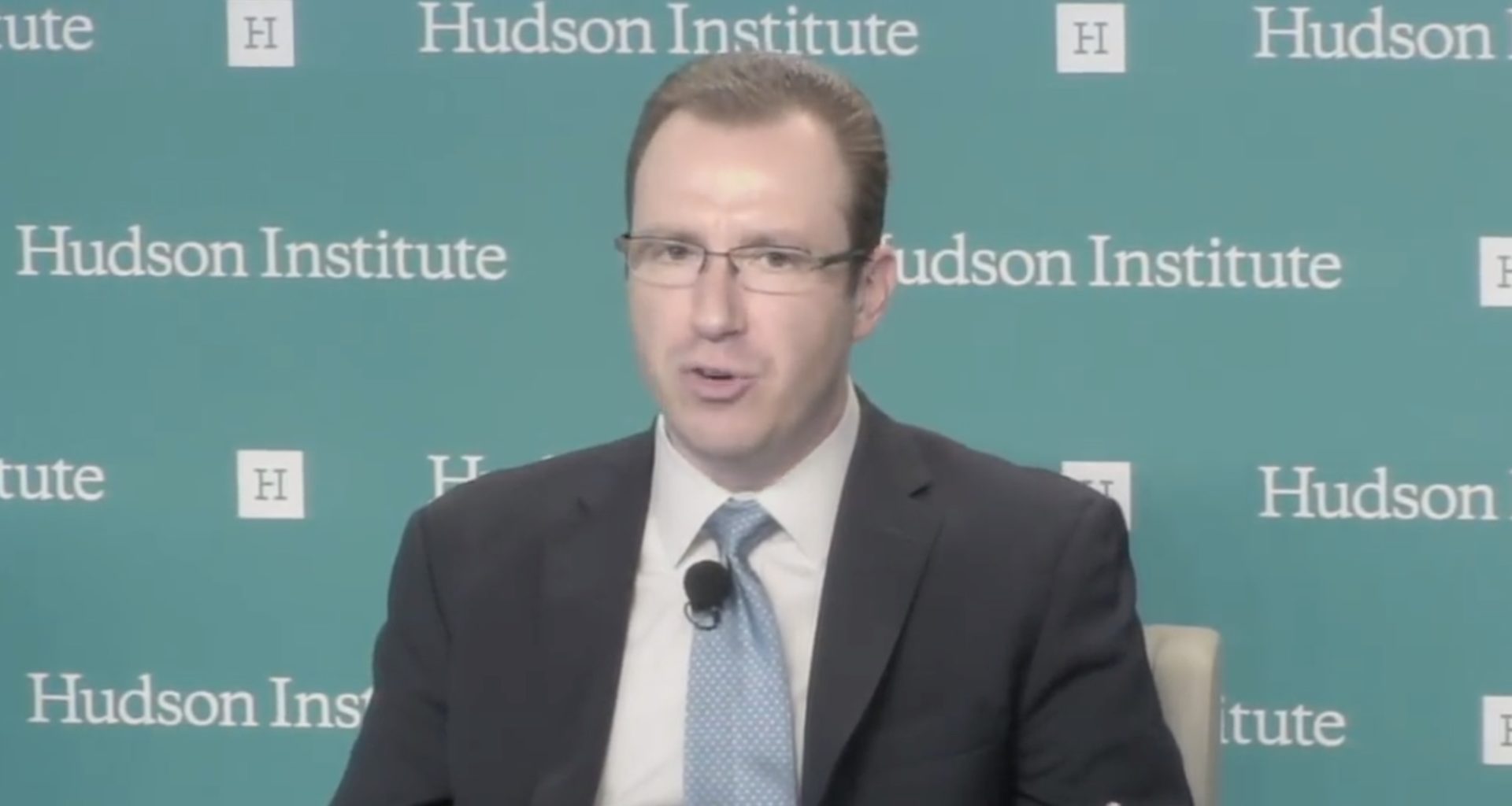With increasing frequency and frustration, Iran scholars and journalists based in the West, as well as anti-regime activists in Iran, are posting highly critical comments on social media about the U.S. Agency for Global Media’s (USAGM) management of taxpayer-funded Voice of America (VOA) Persian programs. The agency, previously known as the Broadcasting Board of Governors, changed its name to USAGM in 2018.
On December 13, 2019, Mahtab Farid, an Iranian-born American journalist, well respected in Washington, DC, where she works as a journalist, posted her highly critical comments on Facebook about the Voice of America (VOA) Persian Service, calling the current VOA leadership “corrupt.” She is one of many Iranians in Iran or in exile who have posted highly critical comments on social media about VOA’s coverage of the recent unrest in Iran.
In a comment addressed to Voice of America Director Amanda Bennett, Farid wrote: “Your poor coverage of the protests in Iran have been beyond embarrassing.”
With all due respect Ms. Amanda Bennett, the Persian Service reporters haven’t left their desks for the recent unrest in Iran, so no need to worry. Your poor coverage of the protests in Iran have been beyond embarrassing. Please stop acting as if Persian service did something extraordinary.
In 2018, criticism by Iran experts focused on the announcement by Obama administration BBG holdover CEO John Lansing, who went to head NPR in 2019, on the expansion of BBG programming to Iran under the same agency and language service leadership as before. Criticism of VOA by Iranian scholars and Iranian activists has not diminished in 2020 while some positive changes were observed by them in RFE/RL’s Radio Farda programming to Iran.
VOA was once the shining star of Persian language broadcasting with much admired programs such as Ofogh, hosted by @sdehghanpour. So sad to see VOA in such decline today. pic.twitter.com/GZPs3d0Xdv— Alireza Nader (@AlirezaNader) January 30, 2019
An independent study carried out in 2017 under the auspices of the American Foreign Policy Council (AFPC) had reached highly negative conclusions about the management of Voice of America and Radio Farda programs to Iran. The study’s conclusions were summarized in May 2018 during a panel discussion at the Hudson Institute by Ilan Berman, Senior Vice President of the American Foreign Policy Council in Washington, DC. berman is expert on regional security in the Middle East, Central Asia, and the Russian Federation, he has consulted for the U.S. Central Intelligence Agency as well as the U.S. Departments of State and Defense, and has also provided assistance on foreign policy and national security issues to a range of governmental agencies and congressional offices. He has been called one of America’s “leading experts on the Middle East and Iran” by CNN.
“More broadly, however, coverage of the JCPOA on both the Voice of America and Radio Farda was found to consistently lack broader context. Little to no effort was made, either by hosts or journalists, to explain the limitations of the agreement itself, or the detrimental side effects generated by it, or the implications of the deal for U.S. policy in the broader region. Similarly, in the media reports reviewed, only minimal effort was made to explain the reasoning and rationale behind the Trump administration’s different, and far more negative, view of the agreement. Simply put, Iranians were told in detail that the Obama White House supported the agreement, and why. They have not been afforded the same explanations of current administration policy.”
Another conclusion of the AFPC study was similarly critical:
“The media clips examined as part of this study consistently suffered from a lack of substantive discussion regarding the institutions, procedures and workings of the U.S. government. Given the location of the Voice of America in Washington, DC, this represents an enormous missed opportunity to educate the Iranian public about the U.S. system of government—and about the workings of Congress and agencies within the Executive Branch. This failing is particularly striking because, as at least some of the panelists found, callers to various VOA programs expressed a clear desire to learn more about democratic processes (and to contrast them to Iran’s unrepresentative system of government). More often than not, however, these lines of inquiry were not pursued or were actively discouraged by the program’s hosts.”
VOA Persian Service and Radio Farda management also came under severe criticism for coverage of Iranian foreign policy:
“Coverage of Iranian foreign policy on both the VOA and Farda was found to be rather problematic, owing to a pervasive lack of context. In the media segments reviewed by the panelists, there were repeated instances of the use of official regime statements as the baseline for stories in a manner that left the Iranian assertions unchallenged. Moreover, instances of problematic Iranian regional behavior (e.g., Iran’s extensive—and deeply harmful—activities in the Syrian theater in support of the Assad regime) were addressed sparsely, if at all. By contrast, both hosts and guests on a number of programs reviewed sought to portray the Islamic Republic as a constructive actor in the region—and a stalwart opponent of the more insidious threat of Sunni extremism. This dynamic, on the whole, perpetuated to audiences the appearance of pro-regime propaganda, rather than objective reporting, on the part of both the VOA and Farda.”
Despite such devastating conclusions, a statement from the BBG management asserted that “the study did not find any systematic bias in VOA and RFE/RL content.” BBG only admitted that the study “did identify editorial issues that need to be corrected.”
A tweet from BBG Republican Chairman Kenneth Weinstein said: “I can proudly say that BBG broadcasting into Iran is evolving to meet the needs and enable the voices of citizens within Iran and Persian-speaking audiences around the world.”
